Thomas Malthus published the “Principle of Population”
In 1798, Thomas Malthus published “Principle of Population,” arguing that the world’s population will increase faster than the…
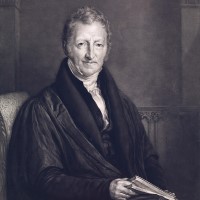
In 1798, Thomas Malthus published “Principle of Population,” arguing that the world’s population will increase faster than the…
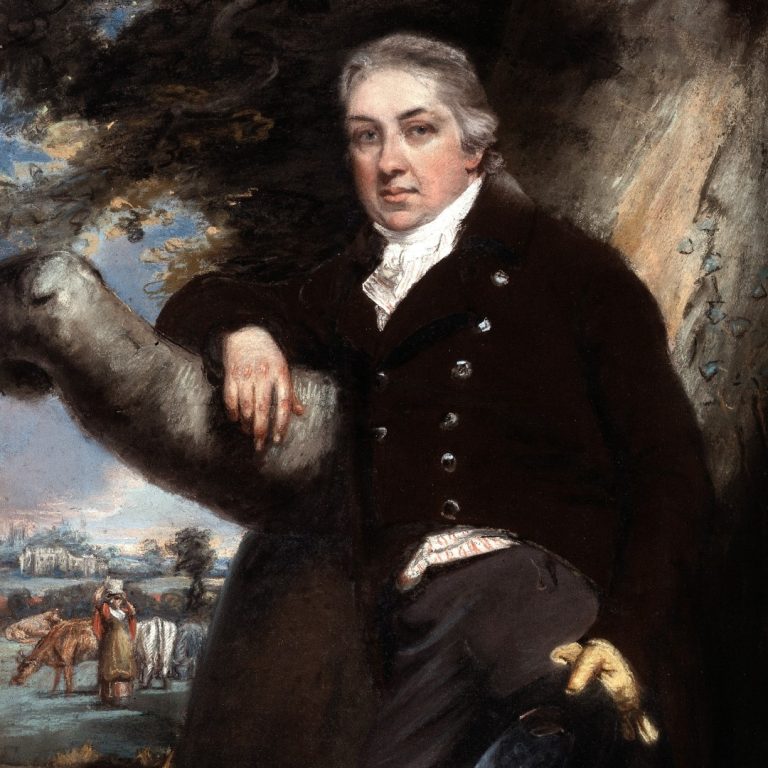
In 1798, English scientist and physician Edward Jenner coined the word virus to describe the matter that produces…
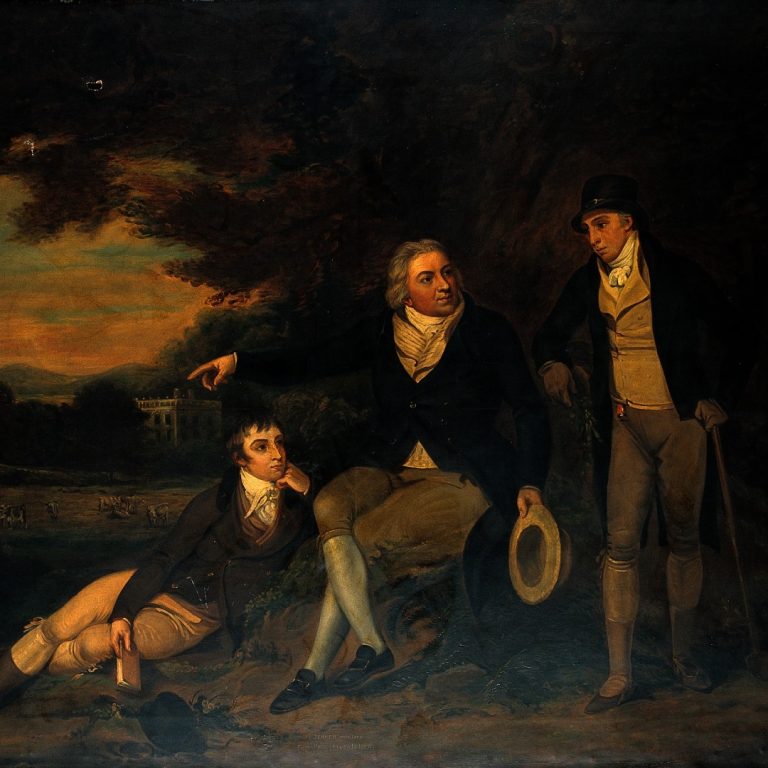
In 1798, Edward Jenner published his work on the development of a vaccination that would protect against smallpox….
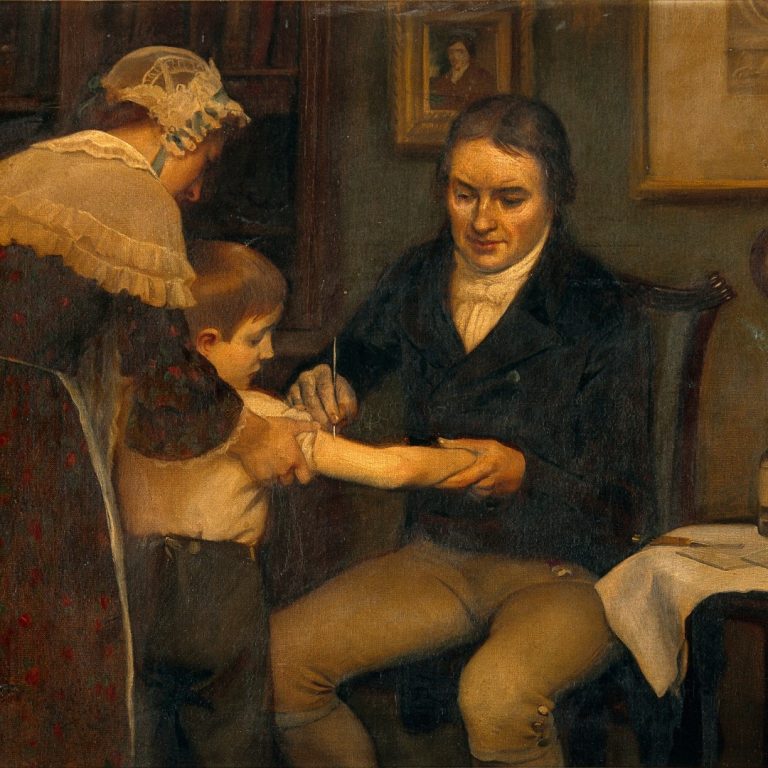
On May 14, 1796, English scientist and physician Edward Jenner inoculated 8-year old James Phipps with the world’s…

In 1795, Thomas Jefferson wrote: “the greatest service which can be rendered any country is to add an…
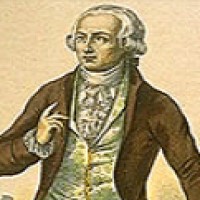
On May 8, 1794, Antoine-Laurent de Lavoisier, considered the “Father of modern chemistry” was guillotined during the French…
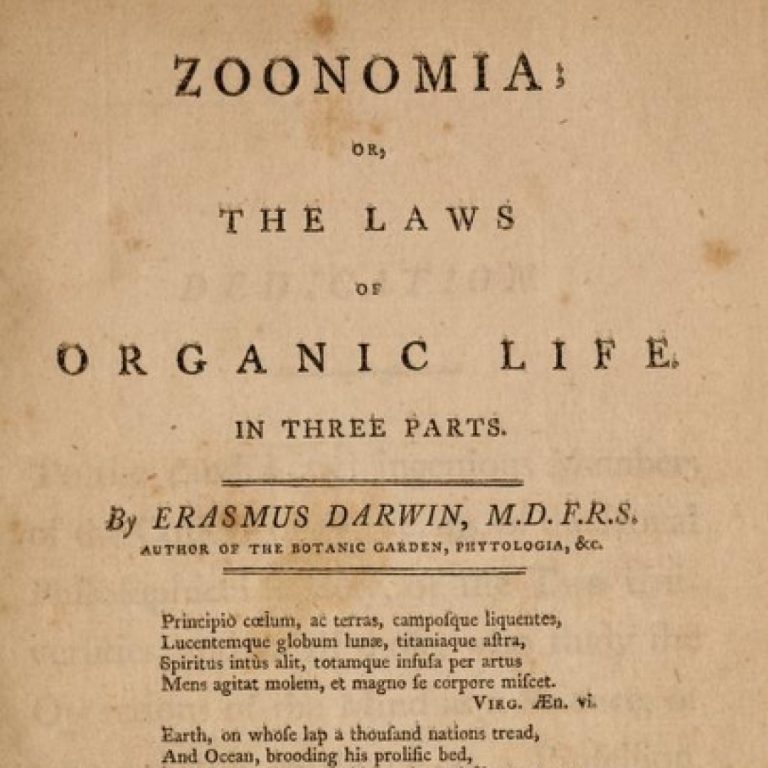
In 1794, Erasmus Darwin, an English physician, published “Zoonomia; or the Laws of Organic Life” which postulated early…
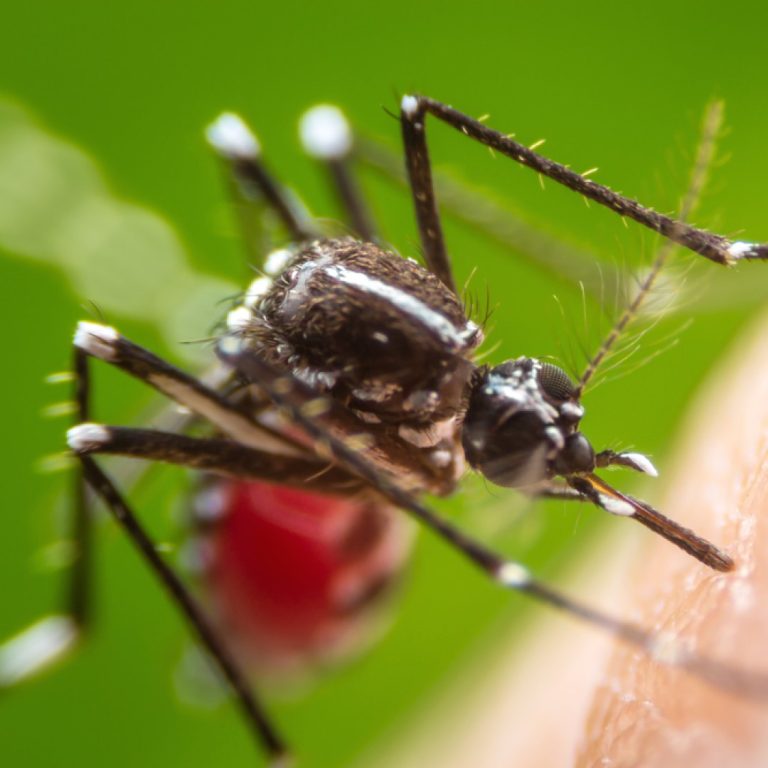
On Aug. 1, 1793, it was reported that a fever, now known as ‘Yellow Fever’ killed more than…
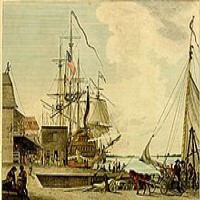
In 1793, after 31 years of absence a yellow fever epidemic struck Philadelphia killing thousands of city residents…
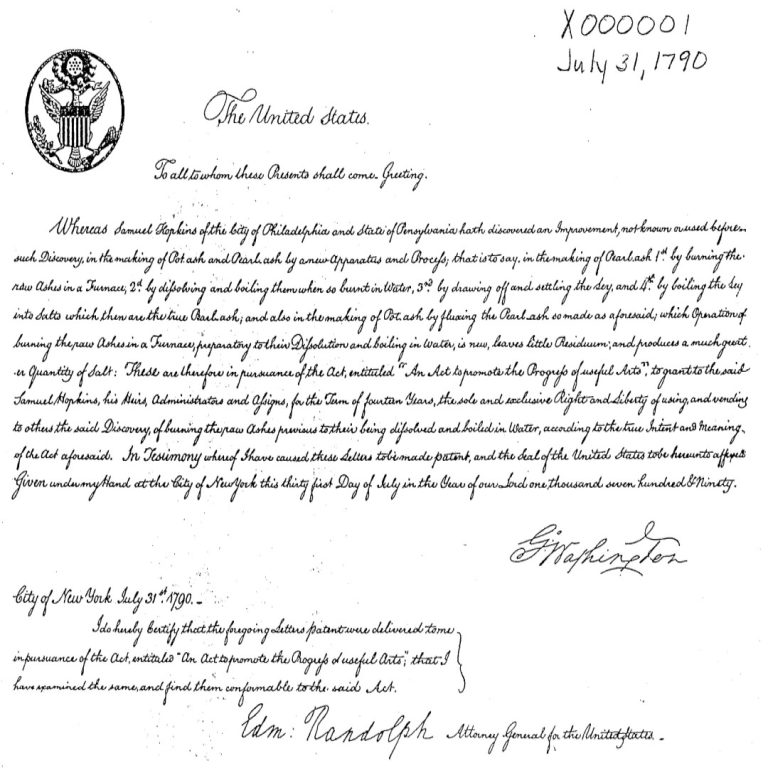
On Jul. 31, 1790, Samuel Hopkins was issued the first patent under the new U.S. patent statute signed…
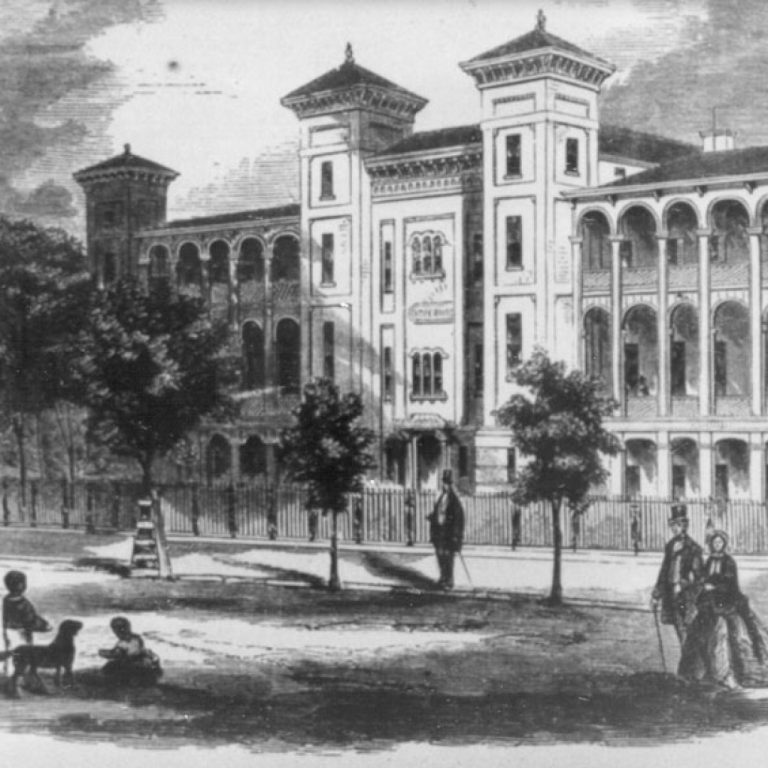
On Dec. 24, 1789, the Medical Society of South Carolina was founded in Charleston on Christmas Eve by…
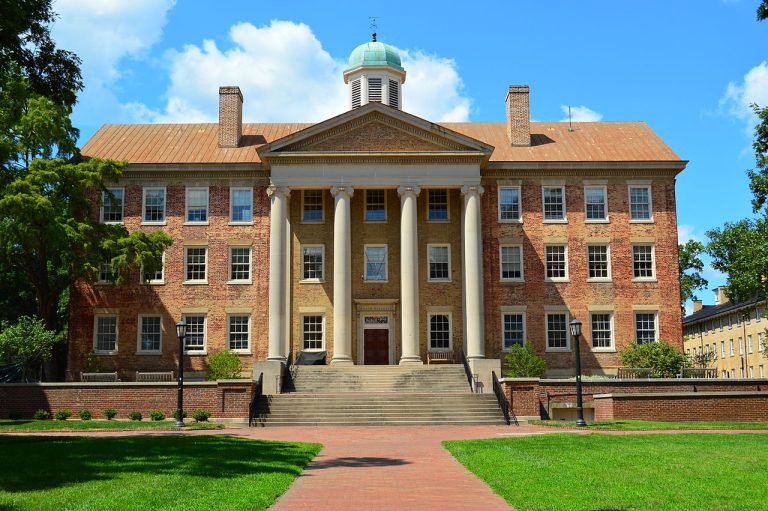
On Dec. 11, 1789, the University of North Carolina (UNC) was founded. The UNC was the first public…
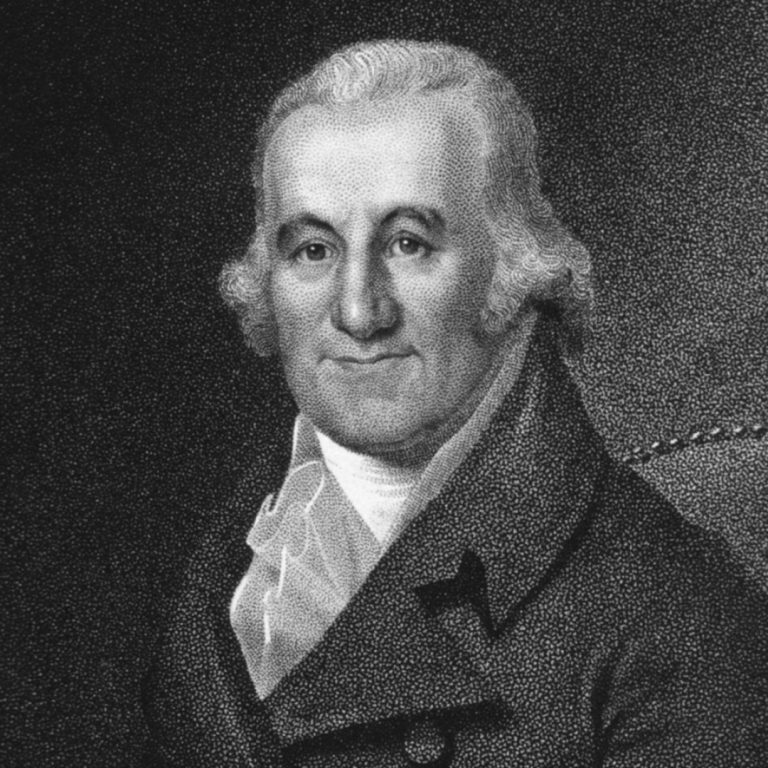
In 1787, Caspar Wistar, M.D., began his medical practice in Philadelphia. Dr. Wistar was the author of the…

In 1789, British physician Michael Underwood provided the first clinical description of polio. Underwood referred to polio as…
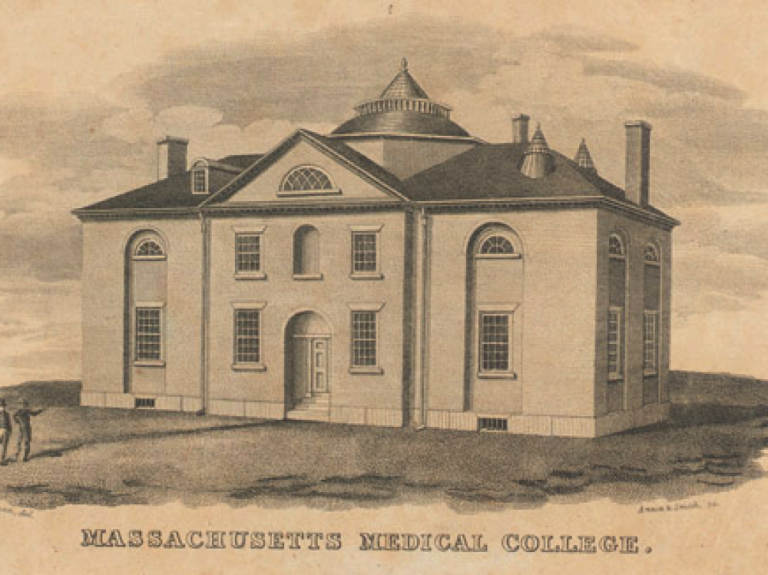
In 1788, The first class graduated from the Massachusetts Medical College of Harvard University.

On Feb. 13, 1786, first meeting of the University of Georgia board of trustees was held and Abraham…
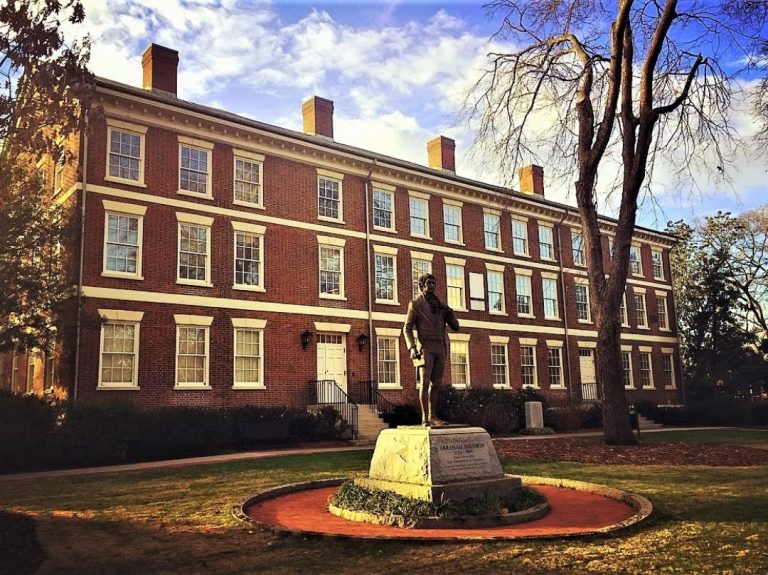
On Jan. 27, 1785, the University of Georgia was incorporated by the Georgia General Assembly, making it the…
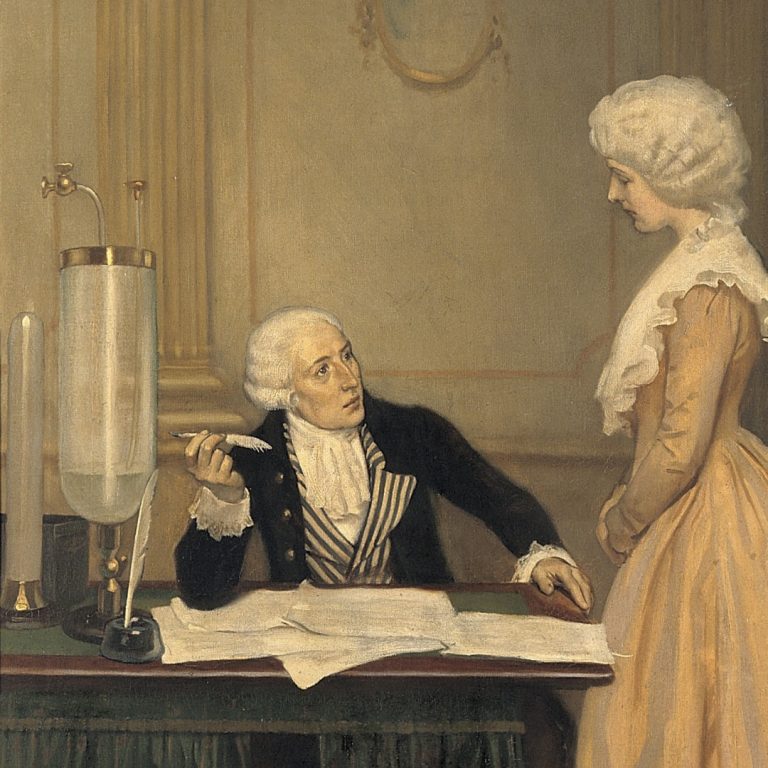
In 1784, Frenchman Antoine Lavoisier the “Father of modern chemistry” and Pierre-Simon Laplace discovered that animals take in…

On Sept. 19, 1782, the Harvard Medical School was founded by Dr. John Warren a graduate of Harvard…
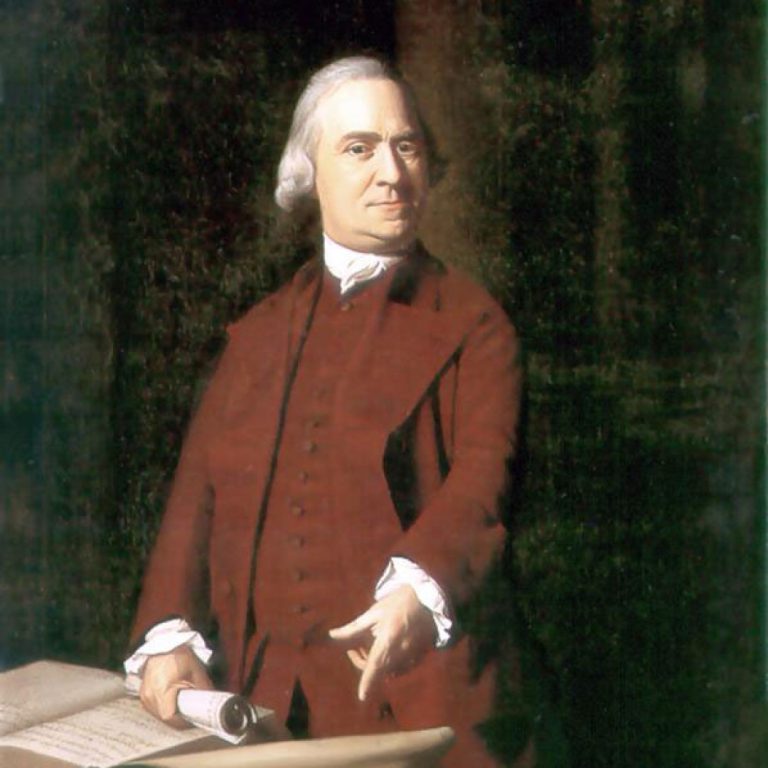
On Nov. 1, 1781, the Massachusetts Medical Society was established, and its charter was signed by Samuel Adams,…
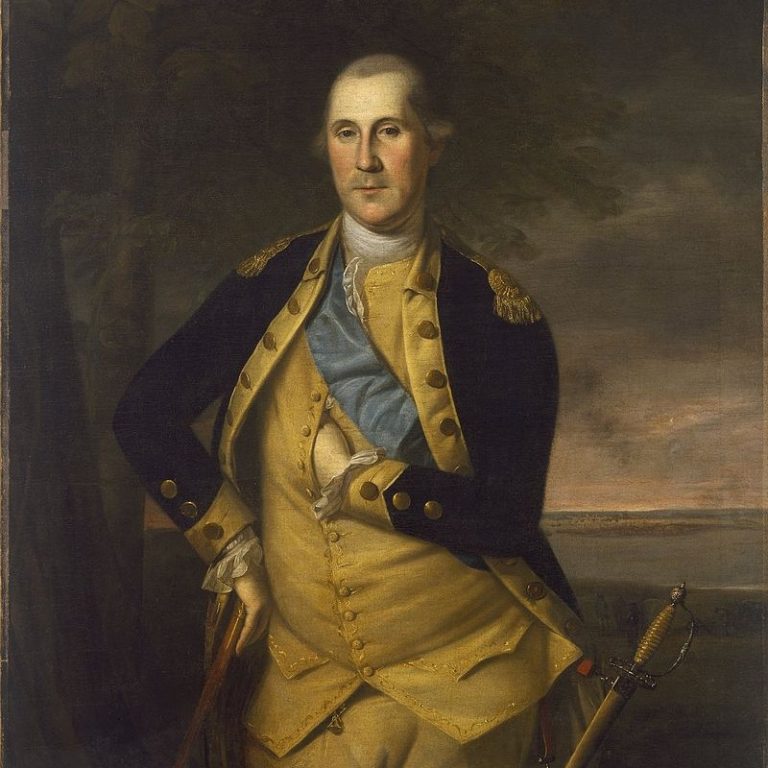
In 1777, George Washington mandated inoculation for all Continental soldiers against smallpox which had impacted the Continental Army…
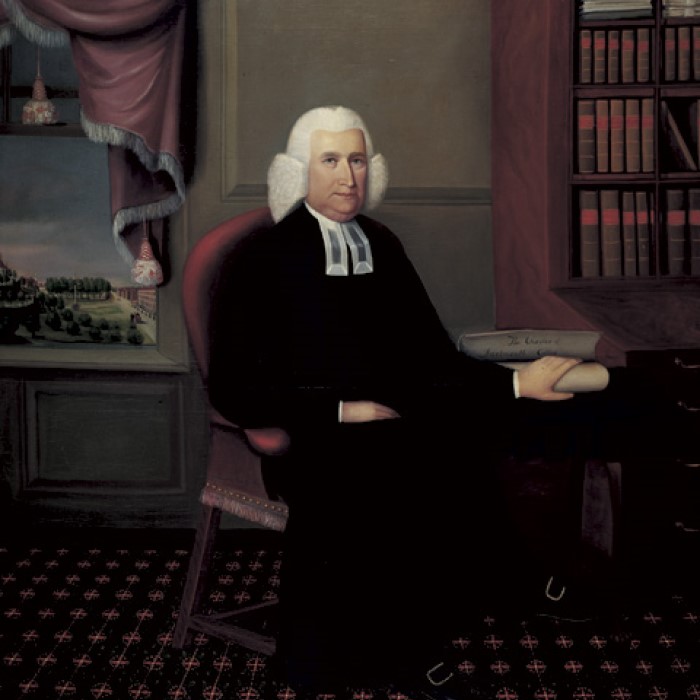
On Dec. 13, 1769, the Royal Governor of New Hampshire issued a royal charter in the name of…
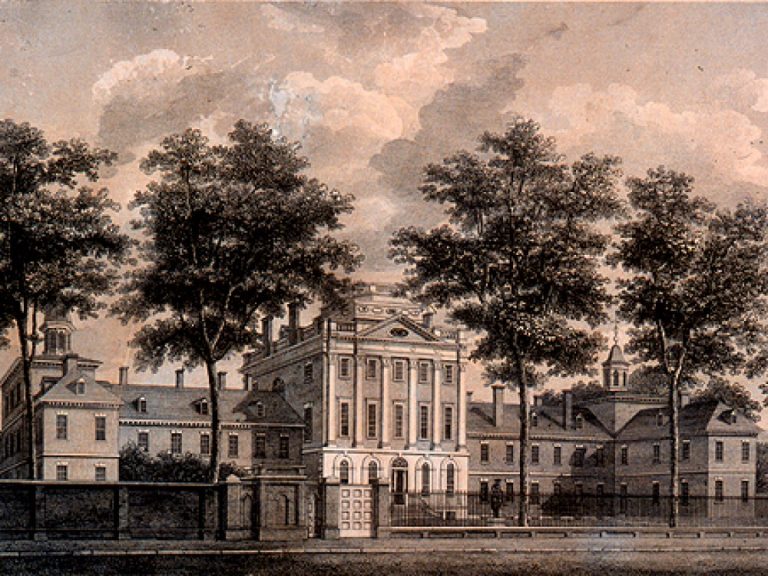
In 1765, The College of Philadelphia, now Pennsylvania School of Medicine, opened its doors becoming the first and…
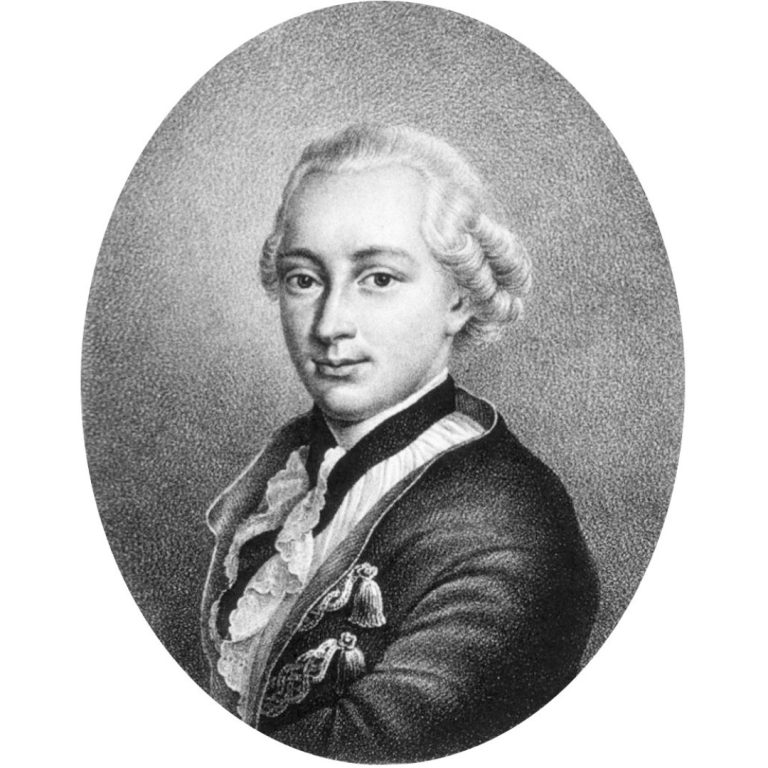
In 1761, German botanist Joseph Koelreuter reported successful crossbreeding of crop plants in different species.
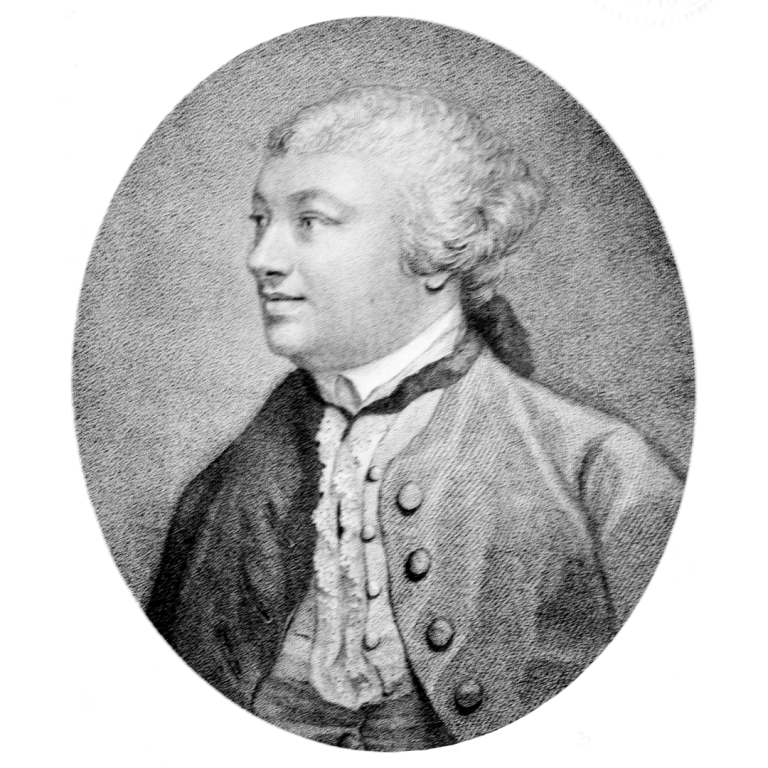
In 1761, physician John Hill confirmed the role of local irritation and inflammation in causation of cancer. In…
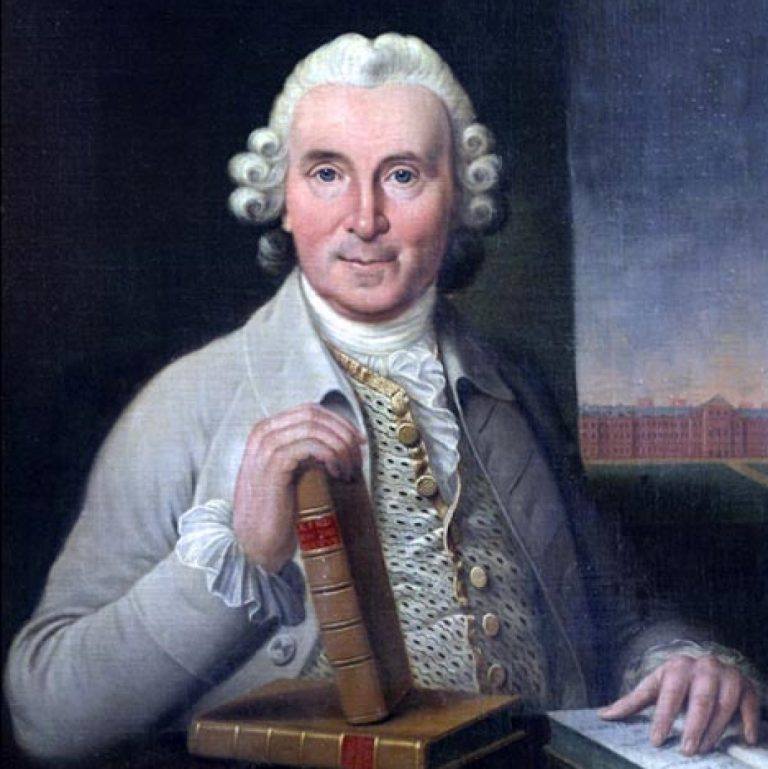
In 1753, Scottish physician James Lind of the British Royal Navy published “A Treatise on the Scurvy” in…

In 1751, Pennsylvania Hospital, the nation’s first hospital opened at the University of Pennsylvania.
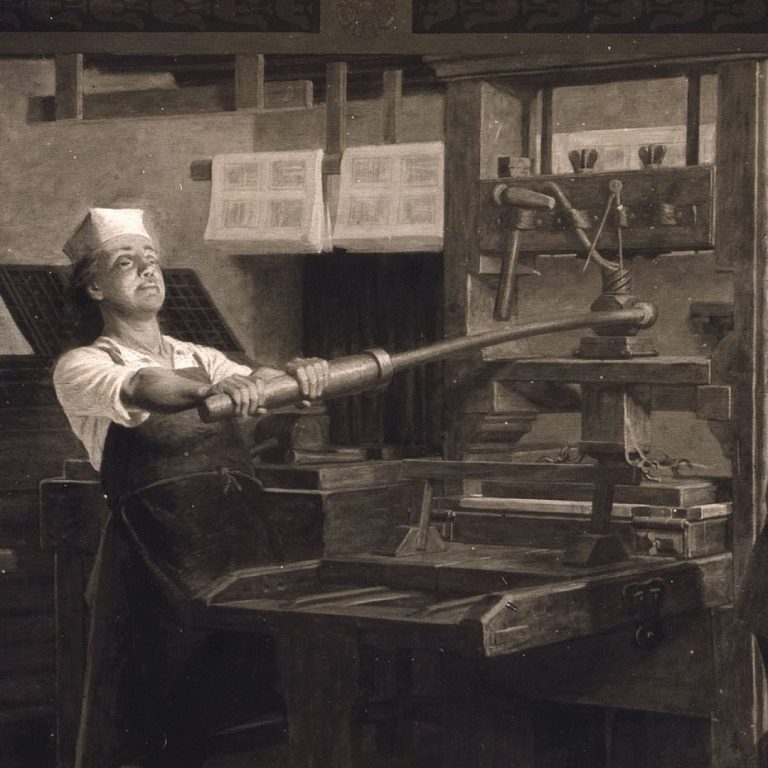
In 1749 in Philadelphia, Benjamin Franklin presented his vision of a school in a pamphlet titled Proposals for…
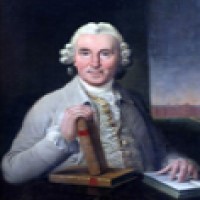
On May 20, 1747, James Lind of the British Royal Navy started his famous scurvy clinical trial. In…

Beginning in 1746, King Gustav III of Sweden, who viewed coffee consumption as a threat to the public…